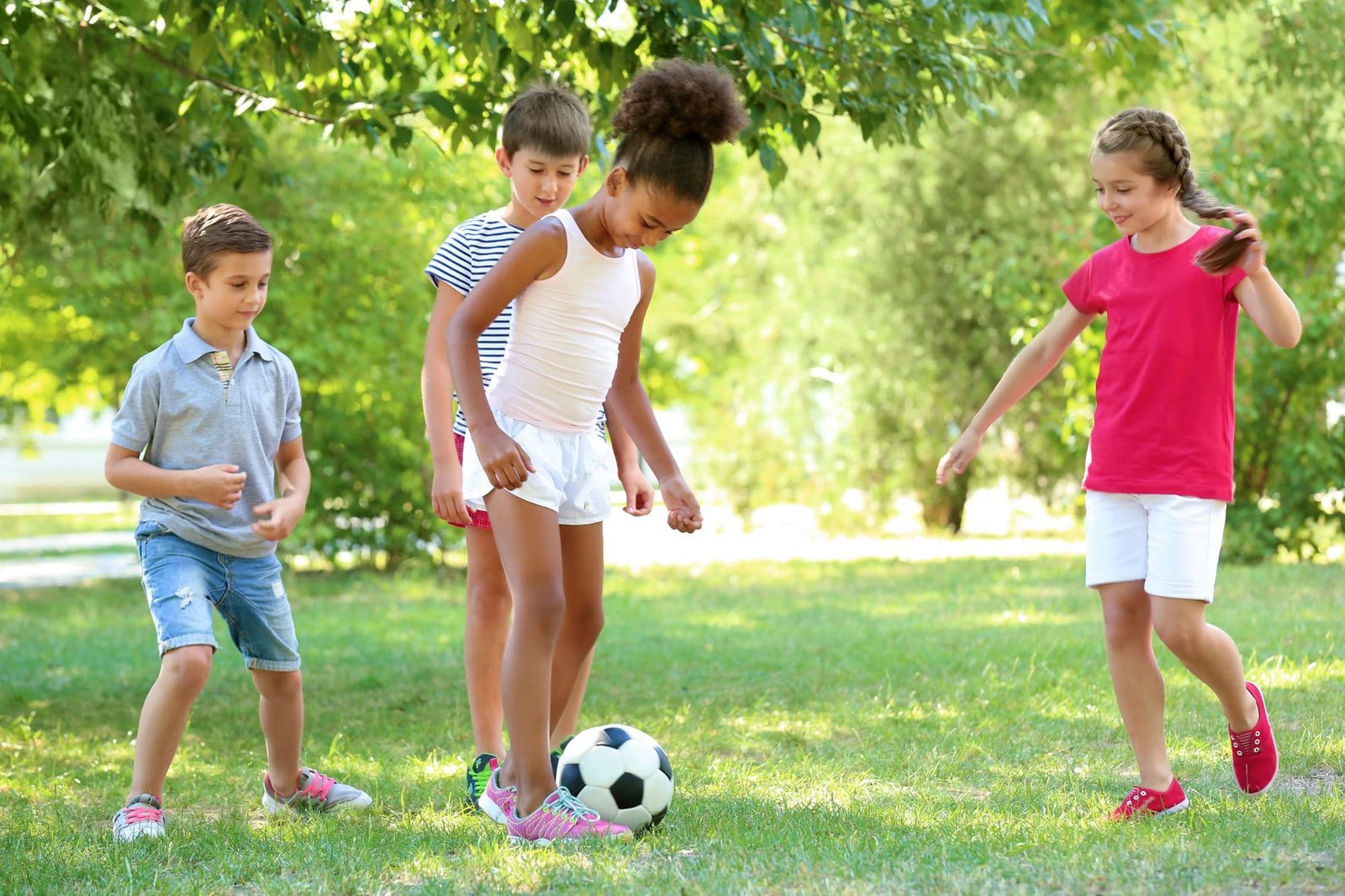Childhood is a critical time for forming habits that will affect health and well-being throughout life. Two of the most important factors in this process are exercise and diet. The right balance between these two can provide children with the energy and essential nutrients they need for growth and good physical condition.
The role of exercise in children's lives
Regular physical activity has multiple benefits for children. Let's look at the most important ones in detail:
- Health: Exercise helps maintain a healthy weight, increases cardiorespiratory endurance, and strengthens bones and muscles. Children who exercise regularly have better physical condition and a reduced risk of obesity and chronic diseases such as type 2 diabetes and cardiovascular disease.
- Mental well-being: Exercise not only benefits the body but also the spirit. Through exercise, anxiety and depression levels are reduced, while mood and self-esteem are improved. Children who participate in sports activities have more self-confidence and a better mood.
- Social skills: Through team sports, children learn the value of cooperation, discipline and solidarity. Participating in groups helps them develop social skills, such as communication and problem solving, which are important for their social development.
Experts suggest that children under the age of 5 should exercise at least 3 hours every day by running, cycling, skating, dancing and playing on the playground. Children over the age of 5 need at least one hour of exercise per day. This exercise includes aerobic activities of moderate intensity (walking, cycling, playing), which are alternated with some intense activities (hunting, gymnastics, dancing) at least 3 times a week, and exercises to strengthen the musculoskeletal system (running, basketball, volleyball, dancing, jumping rope) , lame) at least 3 times a week.
The importance of nutrition
A balanced diet is just as important for children as exercise. Correct eating habits provide the necessary nutrients for growth and good health. Let's look at some basic principles:
- Variety: Children should eat foods from all food groups. The variety in the diet ensures that they get all the essential nutrients they need for their growth.
- Hydration: Water is the best choice for hydration, avoiding sugary drinks. Children should drink enough water throughout the day, especially during and after exercise, to stay hydrated.
- Reduced consumption of sugar and fat: Processed foods high in sugar and saturated fat should be limited. Instead, preference should be given to natural foods such as fresh fruits and vegetables, whole grains and lean proteins.
Proper nutrition is not only about choosing healthy foods, but also about consuming them in the right quantities and frequencies. Regular meals and healthy snacks are essential to give children constant energy.
Combining exercise and nutrition
Combining exercise and a healthy diet can maximize the benefits for children. Here are some suggestions for how parents and teachers can help children find that balance:
- Planned meals and snacks: Offer nutritious meals and snacks before and after exercise to ensure children have the energy and nutrients they need. A healthy breakfast, for example, might include whole grains with milk and fruit, while a balanced lunch might include chicken, rice, and vegetables.
- Encourage participation: Encourage children to participate in sports activities they enjoy so they are more likely to continue. Give them the opportunity to try different sports until they find the one that suits them best.
- Education: Teach children about the benefits of exercise and healthy eating so they understand the importance of these habits. You can make education fun through games, activities and examples in everyday life.
- Family Support: Support from family is vital. Parents can be role models for healthy habits by participating in physical activity themselves and eating healthy meals with their children.
- Tailored strategies: Every child is unique, and their needs may vary. Tailor your strategies to each child's individual needs and preferences, taking into account any allergies, dietary preferences and physical abilities.
Integrating exercise and healthy eating into children's daily lives isn't always easy, but the benefits are priceless. Parents and teachers play a vital role in guiding and supporting children towards a healthy life. With the right habits, children can grow up strong and healthy, ready to face life's challenges. Creating an environment that promotes healthy living is key to the long-term well-being of our children.







